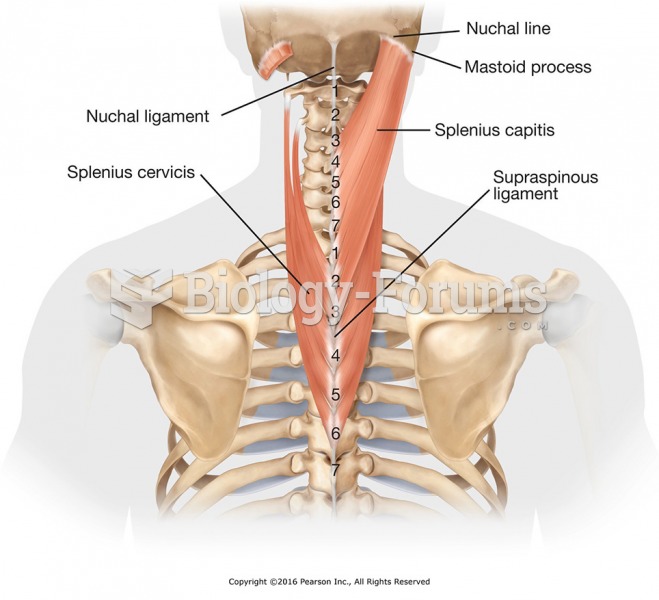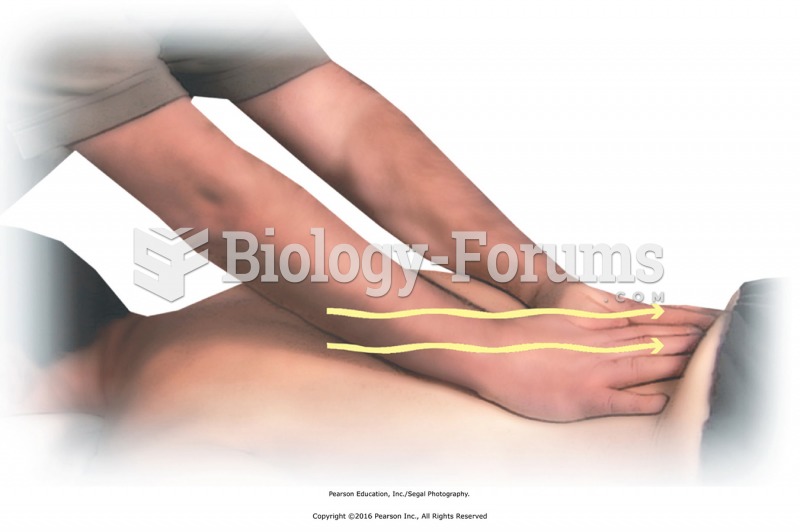|
|
|
Lower drug doses for elderly patients should be used first, with titrations of the dose as tolerated to prevent unwanted drug-related pharmacodynamic effects.
Sperm cells are so tiny that 400 to 500 million (400,000,000–500,000,000) of them fit onto 1 tsp.
Sildenafil (Viagra®) has two actions that may be of consequence in patients with heart disease. It can lower the blood pressure, and it can interact with nitrates. It should never be used in patients who are taking nitrates.
Immunoglobulin injections may give short-term protection against, or reduce severity of certain diseases. They help people who have an inherited problem making their own antibodies, or those who are having certain types of cancer treatments.
It is difficult to obtain enough calcium without consuming milk or other dairy foods.
 A histologic slide showing the sponge-like architecture of a patient with Creutzfeldt-Jakob Disease.
A histologic slide showing the sponge-like architecture of a patient with Creutzfeldt-Jakob Disease.
 White steam is usually an indication of a blown (defective) cylinder head gasket that allows engine ...
White steam is usually an indication of a blown (defective) cylinder head gasket that allows engine ...





